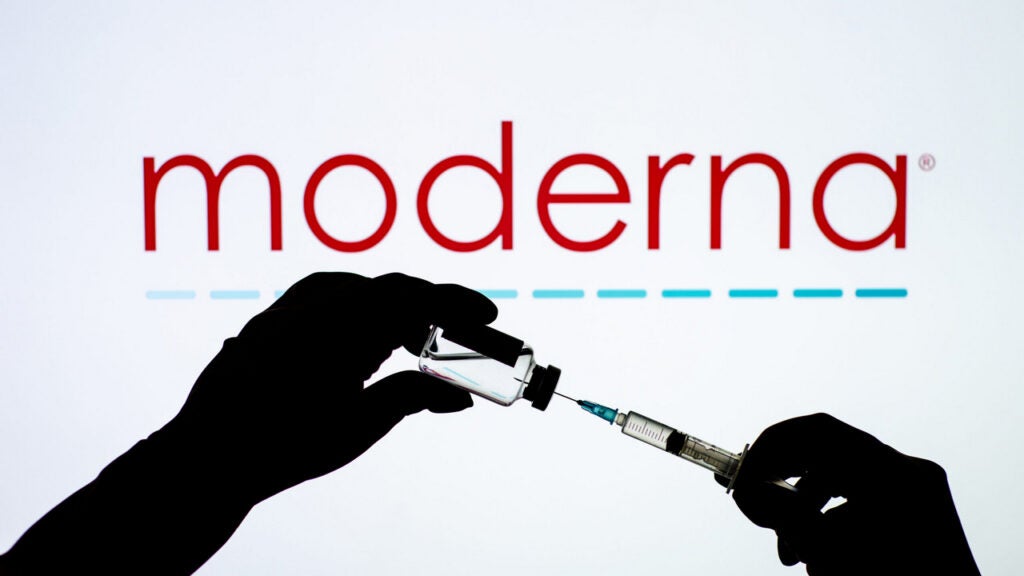In a surprising move that has sparked widespread debate within public health and biotech circles, the Trump administration has officially canceled a $766 million contract with pharmaceutical giant Moderna that was intended to support the development of a pandemic flu vaccine. The termination of the deal, which was originally hailed as a proactive measure to strengthen the nation’s pandemic preparedness, raises new questions about the administration’s long-term public health strategy.
The canceled contract, part of a broader effort to stockpile medical countermeasures in the wake of COVID-19, was designed to help Moderna leverage its mRNA technology—credited with the rapid development of coronavirus vaccines—to produce a cutting-edge flu vaccine targeting potential future outbreaks. According to government sources, the contract’s abrupt cancellation was driven by shifting priorities, cost concerns, and a reevaluation of pandemic preparedness efforts.
A spokesperson from the Department of Health and Human Services (HHS) confirmed the decision, stating that the funds would be redirected to other “high-impact public health initiatives,” though specifics were not disclosed. The cancellation reportedly came without prior public warning, catching some health officials and biotech stakeholders off guard.
“This decision is both surprising and concerning,” said Dr. Allison Greene, a vaccine policy expert at Georgetown University. “Given the success of mRNA in the fight against COVID-19, this type of investment was seen as a smart and necessary step toward preparing for the next viral threat.”
Moderna, for its part, expressed disappointment but reaffirmed its commitment to pandemic preparedness. “We remain confident in our mRNA platform’s potential to combat a wide range of infectious diseases, including pandemic influenza,” the company said in a statement. “We will continue to engage with government and global health partners to advance our vaccine research.”
The cancellation comes at a time when public health experts have been urging increased investment in next-generation vaccine technology to prepare for future outbreaks—including viruses with pandemic potential like avian influenza strains, SARS-like coronaviruses, and other respiratory threats.
Critics of the decision argue that scrapping the contract could weaken national readiness for the next pandemic and waste critical momentum gained through years of vaccine innovation. Some also see the move as part of a broader pattern of inconsistent health policy decisions made during the Trump era.
“This was an investment in security,” said Dr. Raj Patel, an infectious disease specialist based in Boston. “Pandemic flu is a matter of when, not if. Canceling this contract undermines preparedness efforts just when the world has finally begun to take such threats seriously.”
Supporters of the cancellation, including some fiscal conservatives, argue that the contract lacked sufficient oversight and projected costs were too high. They believe that alternative private-public partnerships may offer more flexible and cost-effective solutions moving forward.
As of now, it remains unclear whether the Biden administration—should it choose to revisit the issue—will seek to reestablish a similar agreement with Moderna or another pharmaceutical company. What is clear, however, is that the cancellation has reignited debate about how best to prepare for inevitable future pandemics in a post-COVID world.
Swifteradio.com


